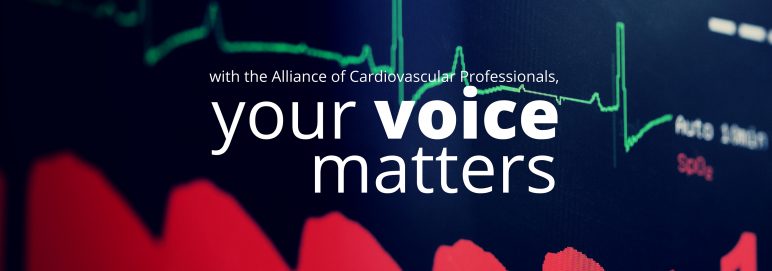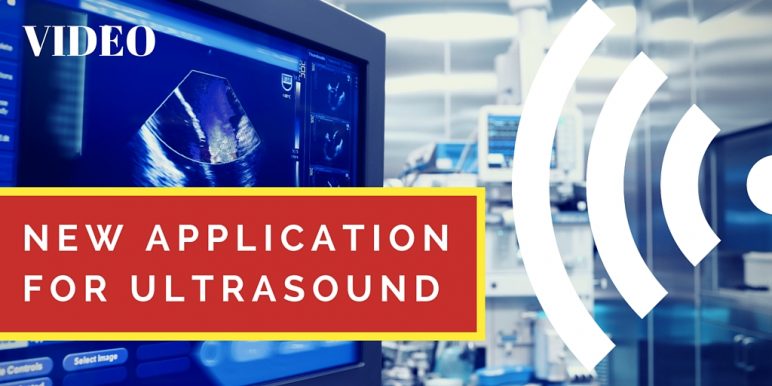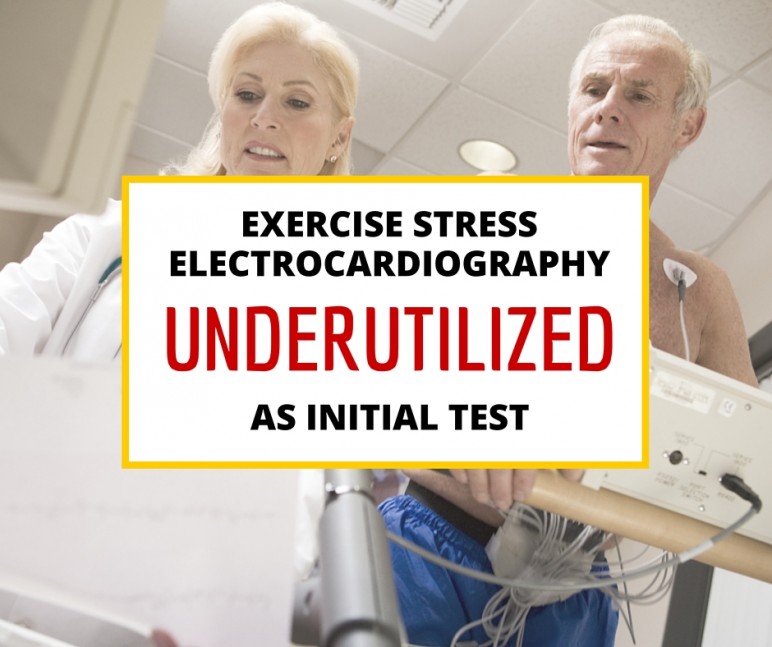In February, the Alliance of Cardiovascular Professionals updated members regarding progress made to remove a regulatory burden preventing provision of team-based care in California cardiac cath labs during procedures involving fluoroscopy.
In October, 2015, the Radiologic Technology Certification Committee in California unanimously passed a motion allowing an individual under the direct and immediate supervision of the S&O to use an assistant in the real time movement of the patient under fluoroscopy... (A Step Forward for CVTs in California, ACVP Advocacy)
On April 13th, 2016, the Radiologic Technology Certification Committee (RTCC) of California met with an agenda item to clarify this motion. The amended motion reads:
Continue reading California Regulations to Relax on Fluoroscopy


 More good news for TAVR interventions - better case selection contributed to significant reductions in complications and longer term mortality.
More good news for TAVR interventions - better case selection contributed to significant reductions in complications and longer term mortality.